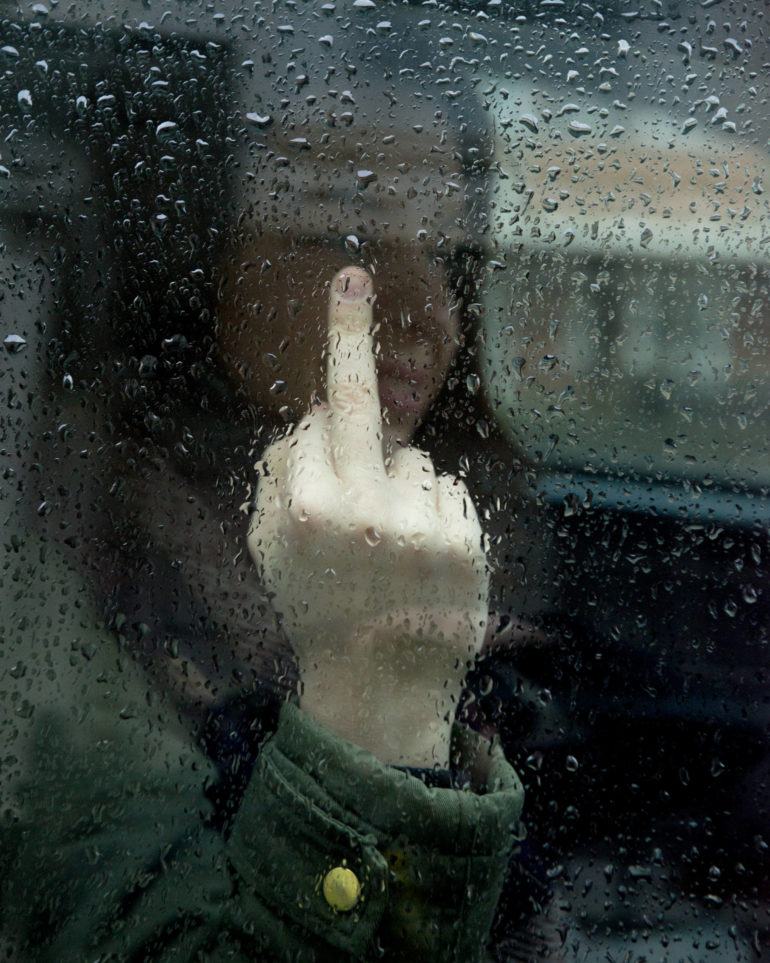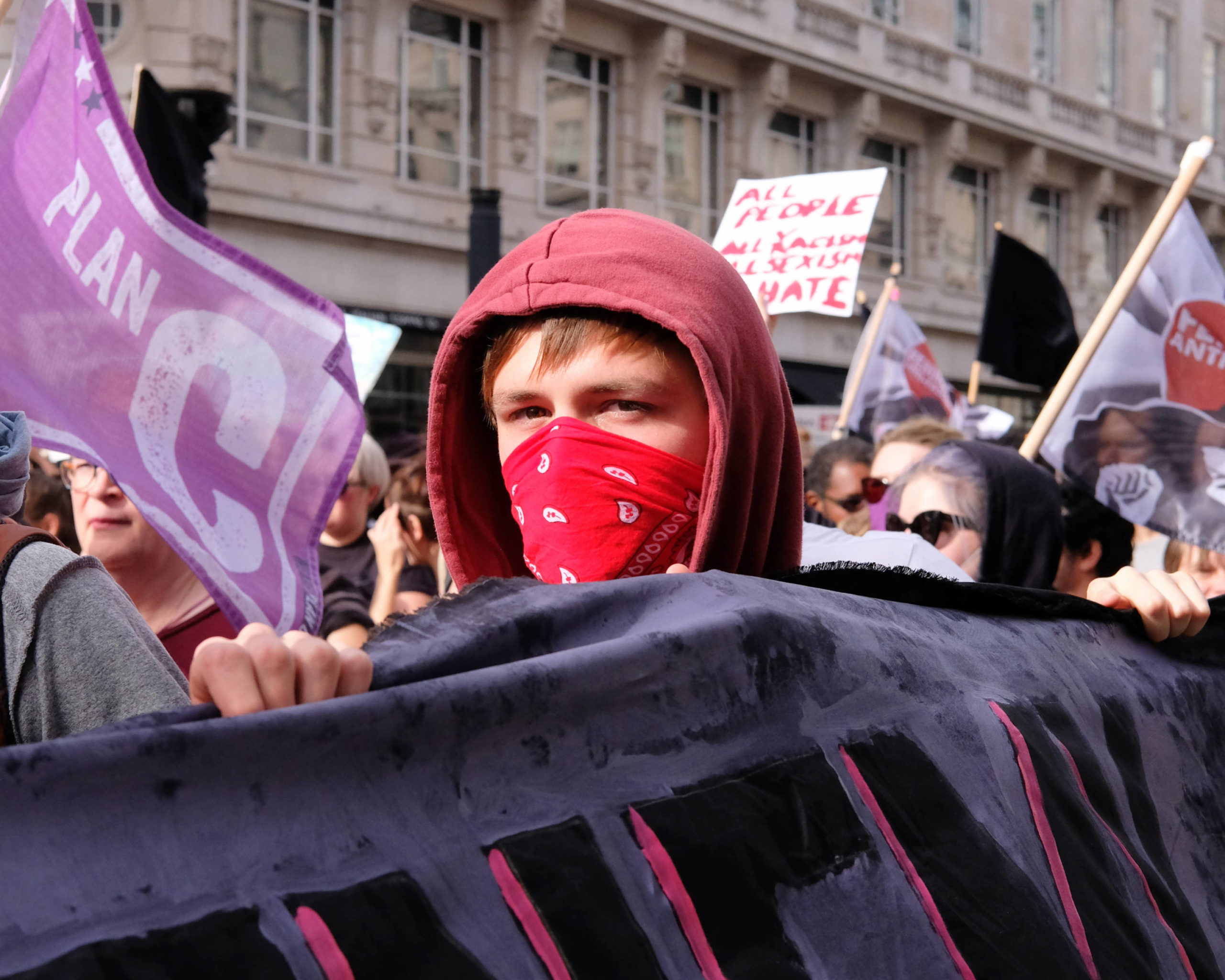When it comes to street photography, there’s always a risk of confrontation.
Street photography is all fun and games, until someone decides to get angry. While most people usually won’t blink an eye, sometimes you’ll catch someone who is ready to air some aggression. If you’re a smart street photographer, you’ll know how to avoid confrontation in most cases, but it still happens. There are many ways to defuse a confrontation and settle any aggression thrown at you. But what if it doesn’t settle down? Then what?
Unfortunately, we’ve seen examples of when things get nasty: street photographers beaten and bloodied for taking innocent pictures of people on the street. It happens way more than it should. Depending on who you speak to, each street photographer has their own way of managing confrontation. Keeping a distance, maintaining a calm voice, and offering to delete the photo are some of the ways to end a potentially violent encounter. But when those methods don’t work, I think street photographers should be prepared to handle a physical altercation. So, I ask the question: should street photographers learn self-defense?
Street Photography and Self Defense?
Before answering, I would like to explore some of the benefits of self-defense other than the most obvious. First off, it’s a wonderful workout and great for physical health. Secondly, it’s a great way of releasing aggression (we all have it to some extent) in a controlled and balanced manner. And, maybe most importantly, it allows us to separate from our ego.
Why is that important? Our ego can be a dangerous influence on the way we carry ourselves in life. It can prevent us from making the best decision, which results in situations becoming toxic.
Being physically controlled by someone skilled in combat and martial arts will soon make a person realize they are not as special as they think. Instead, they will be humbled. That’s a good thing as it creates the opportunity to develop genuine tools to control situations, rather than the perceived power their ego gives them.
“I still think our greatest weapons are our bodies and mind, at least as far as street photography goes. Being able to diffuse without force is a skill in itself.”
When it comes to street photography, you never want to match the aggression of your subject. Having basic to advanced self-defense skills doesn’t mean you have to be as equally aggressive. The whole point of self-defense is that you can control another person easily, and without losing your temper. And I do think this a useful skill to have — for all street photographers. That doesn’t mean I think you should opt for physical altercations every time someone shouts in your face or flips you the bird. Self-defense should be used only as a last resort, and only when under attack. But in a genre of photography that always puts you at a certain level of risk, knowing how to handle yourself is a valuable tool.
Are Weapons Okay?
What about other forms of defense? Should street photographers carry things like pepper spray in case they need to defend themselves from attack? The question isn’t easy to answer mainly due to legalities. In the UK, for example, it’s illegal to carry pepper spray. Although widely used for defense, authorities are concerned it can be used as an offensive weapon as well. But in the US – the self-proclaimed land of the free – pepper spray is fair game in all 50 states though legal usage varies depending on the location. If physical combat isn’t your thing, then having pepper spray as a last resort is fine in my opinion.

Some may ask, “If pepper spray is okay, what about guns?” America is known for being a country where it’s okay to carry a concealed firearm. Should a street photographer be able to draw fire when faced with confrontation?
When we explored the topic of confrontation in the past, one of our readers wrote, “Nothing like packing heat (carrying a gun) and warning someone who may have violent intentions.” That seems like a step too far. Even in the worst stories of confrontation in street photography, I’ve never thought, “If only the photographer carried a gun.” But I’m British, and from a completely different culture when it comes to firearms — that’s why I would draw the line at the use of a gun.
Our Greatest Weapon Is Our Mind
I still think our greatest weapons are our bodies and minds, at least as far as street photography goes. Being able to diffuse without force is a skill in itself. And to be able to physically control a person without anger is something every street photographer should learn to do.


